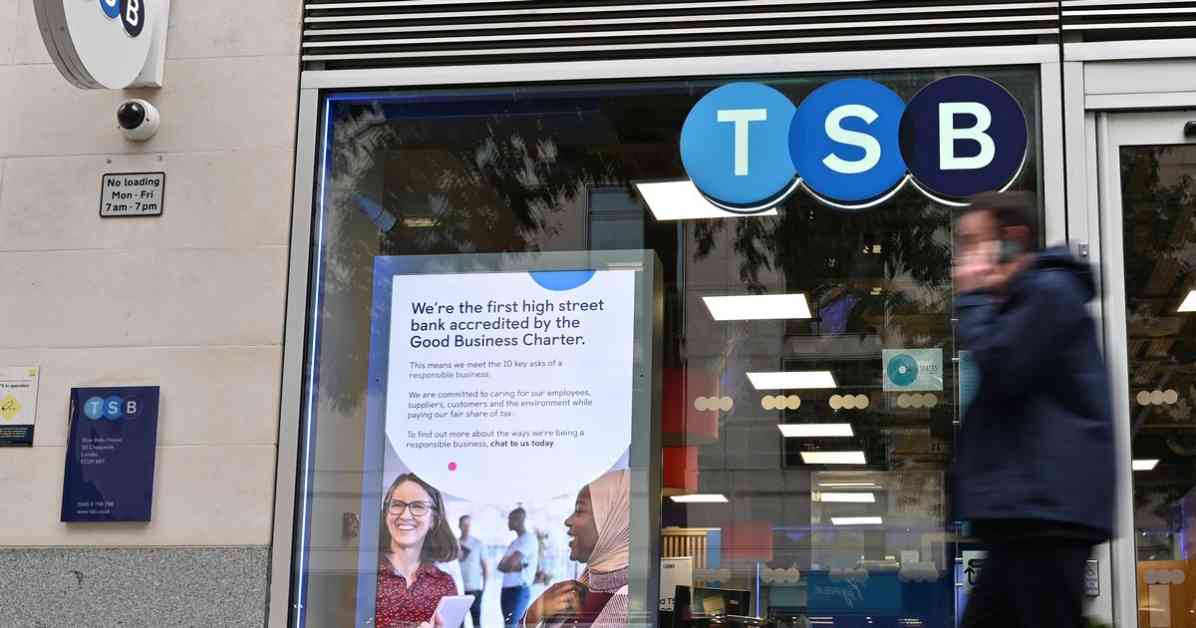TSB has issued a warning to its customers about the rise in purchase scams, which have accounted for more than half of authorised push payment fraud cases this year. As the holiday season approaches and people gear up for Black Friday and Christmas shopping, the bank analyzed cases where customers were deceived into transferring money to scammers between January and October 2024.
According to TSB’s analysis of customer data, scammers often offer fake tickets for concerts and sports events, as well as items like clothing, children’s toys, games consoles, designer goods, and electronics. Fraudsters may also pretend to sell cars and motorbikes, asking for a deposit in the process. The bank noted that many of these scams originate on social media platforms.
In response to the increase in fraud cases, mandatory reimbursement rules were implemented in October under the oversight of the Payment Systems Regulator. These rules require banks to reimburse victims of APP fraud, unless the customer was grossly negligent. The protections cover transfers to and from UK bank accounts made from October 7 onwards, up to the value of £85,000. Banks can choose to impose an excess of up to £100, but some providers, including TSB, have waived this excess.
TSB has been offering its own fraud refund guarantee since 2019 and has committed to waiving the £100 excess for its customers. The bank also stated that it will continue to review claims that fall outside the scope of the new rules on a case-by-case basis. Nearly half of the purchase fraud cases TSB has encountered involve amounts of £100 or less, illustrating that scammers often target smaller sums.
One example highlighted by TSB involved a male customer who paid £50 for a concert ticket that turned out to be fake. The seller provided a screenshot of the ticket as proof, but once the payment was made, the customer was blocked. Nicola Bannister, director of customer support at TSB, emphasized the importance of being cautious when shopping online, especially on social media platforms where scammers frequently operate. She advised consumers to stick to reputable websites and to inspect items in person before making a purchase.
As the holiday season approaches and online shopping becomes more prevalent, it is crucial for consumers to remain vigilant and take steps to protect themselves from falling victim to purchase scams. By staying informed about the latest fraud trends and exercising caution when making online transactions, individuals can reduce their risk of being defrauded by criminals. If you encounter any suspicious activity or believe you have been targeted by a scam, it is important to report it to your bank and the relevant authorities promptly.













